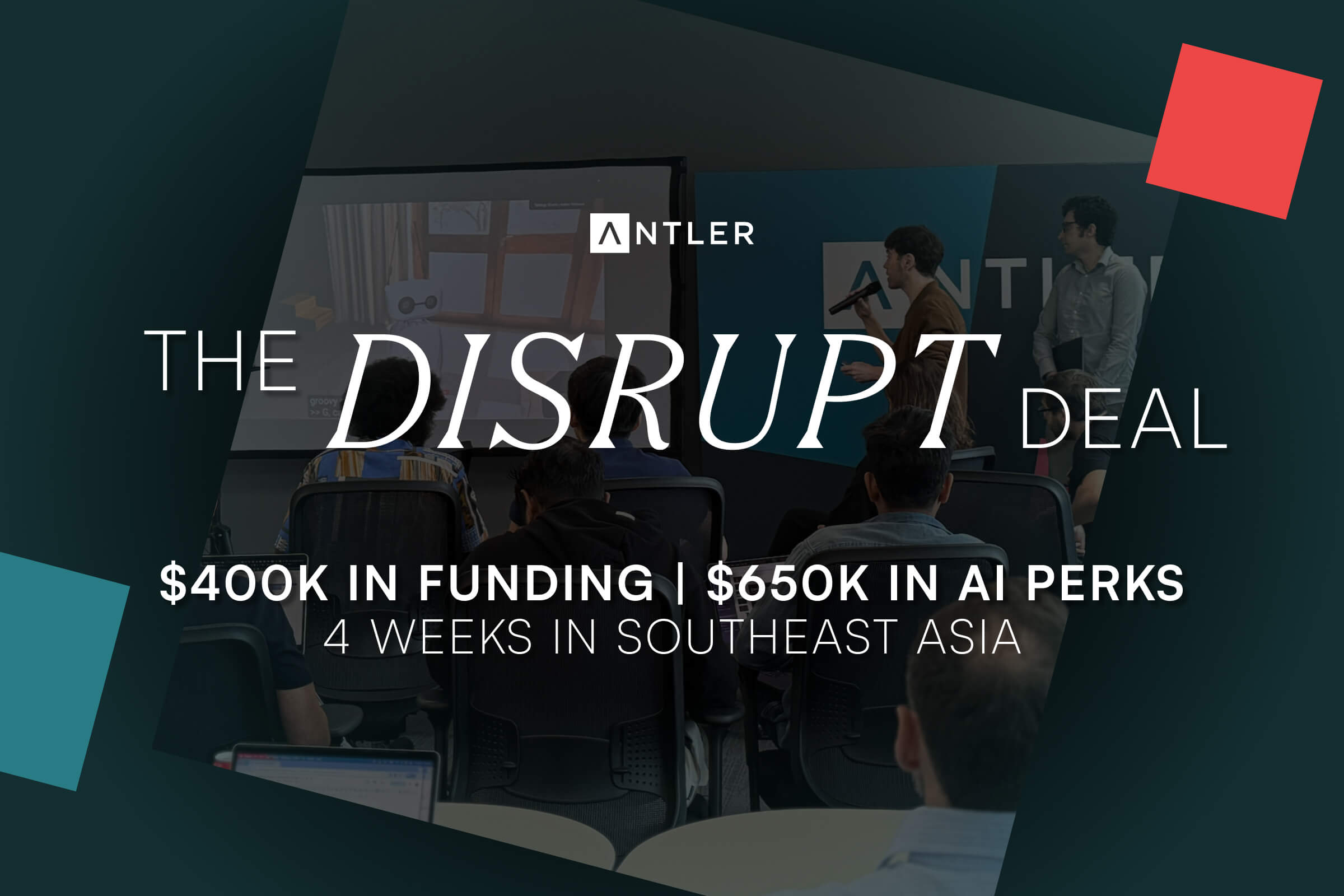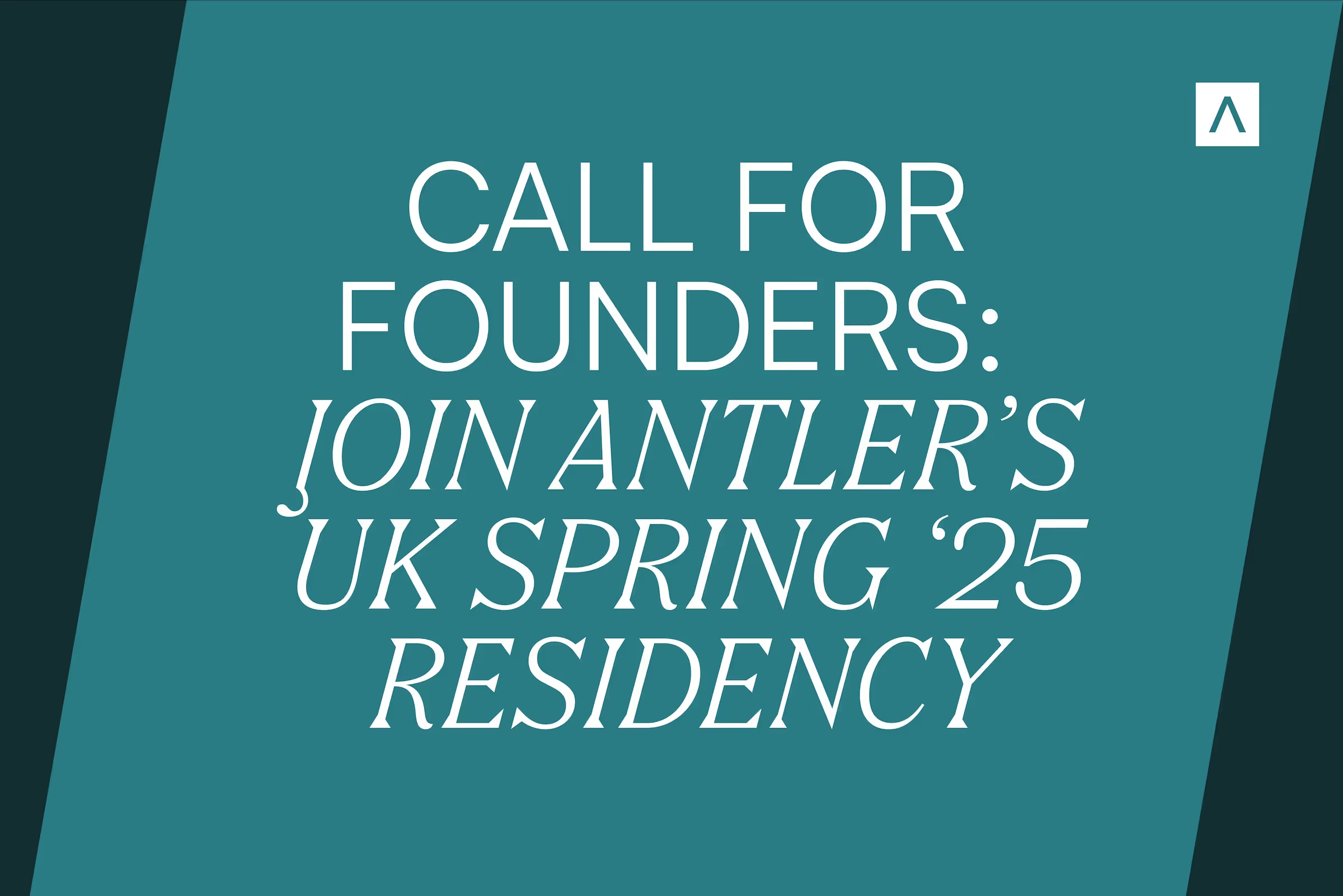Walk me through your entrepreneurial journey at your own company StanPlus. Why did you start it in that particular moment in time?
The success of a firm can be strongly linked to timing. There is always a risk to start too early or too late and it is hard to optimize for market timing. You should do it when you're sufficiently ready, keeping in mind that you will never be ready enough. This is the personal timing.
The team (Jose, Prabhdeep & myself) that co-founded StanPlus, an Indian-based company that delivers patient assistance & logistics, was formed in France during our MBA. We moved to India right after graduating to start our operations. At that moment, our personal timings were definitely aligned. This happened at a time when over 15 other startups were trying to solve this problem in India. The competition was fierce, but we managed to get to market first and stay ahead of the race. None of the others actually managed to survive, except us.
At that time, the aggregator business model for ambulance services was being explored by the likes of Uber and Ola. We knew the overall logic of how this could work, as well as how to play the market, and so did our investors. Market awareness was very important for us to build the right solution and for investors to believe that this could work.
In short, market timing is very important, but it is hard to optimize for it. Personal timing is also key, so you shouldn't wait until it is too late.
Given your experience both at StanPlus and Antler, why do you think now is the best time to start a company?
Now is the best time to be an entrepreneur for a few reasons.
The workforce has been educated on-the-job by working in startups and large tech companies. Through this, they have developed the skills needed to start building a business. As a result, we now have a large talent pool of highly skilled workers and extremely smart people capable of becoming entrepreneurs.
Startups have also shown that they can be a way to increase one's impact on society. This is especially important now as a lot of people want to start a business not only to fulfill their potential but to also leave their mark on the world.
Lastly, technology has come to a point where it's super easy to: generate new ideas, completely rethink a market segment, build something rapidly and efficiently ship it to market. All these play a major role in entrepreneurship today.
It all comes down to your decision. You have to take that first step. Once you've jumped, everything will be fine.
— ANTOINE POIRSON, ANTLER PARTNER
If that's the case, why do most startups fail?
Finding a co-founder is always an issue. A friend of mine had been working with several co-founders for over a year. He went through maybe 4-5 different ones before finding someone he could team up with for the long term.
It's always a very strong emotional journey: you meet someone new, align on a vision, negotiate terms, and work together. But after a while, you realize it's not working. Then you have to break up and search for someone else. That kills a lot of early-age startups and forces CEOs to team up with the wrong co-founders. At Antler, we truly try to optimize that process. We create an environment where founders team up and prove that they can run together.
The second barrier is selecting the right market and opportunity. We observe that a lot of founders just jump straight to building a solution, without really trying to understand the problem that they want to solve. However, customers will want to buy a solution that works for them so everything should really start with knowing the problem.
You first need to really understand the pain points, characterize inefficiencies, and realize whether a solution to that problem is an incremental improvement or a radical solution. If it's a radical solution there might be something to build.
The next thing you need to think about are: is there a large market? Is this a big opportunity? You might be solving a really painful problem, but if only 10 people want to pay for it, then you don't really have a business case. So in the very early stages, teams who are starting a business need to identify the right problem, validate if it's big enough and see if there's a large market opportunity behind it.
Antler helps potential founders through that process. Our coaches encourage them to efficiently define a plan to validate the problem and our network of advisors helps them access potential customers/users who face the problems. That way, we get them to validate the problem faster and not just think of solutions or ideas which do not have potential.
The third barrier we have identified is access to funding. Fundraising for an early-stage startup is time-consuming. That time spent on fundraising is not time spent on building the venture. Our approach is that if they meet the right criteria, which is (1) having a strong team and (2) going for a large opportunity, then we provide them with funding. That's what we optimize for, instead of having teams running from angels to angels to raise their first capital. That way, it helps them free up a lot of time to build their business.
Do you have any advice for people who want to build their own business but are afraid to do so?
Being afraid is completely normal, but it's a self-limitation. I think plenty of people have a lot of potential, but in the end, it comes down to them actively trying to fulfill it.
Think about jumping from a four-meter cliff into a river. It seems scary, right? You don't know what will happen or how you will feel as soon as you jump, but you know it will be alright because you've seen other people do it. At the end of the day, four meters is not too high and you won't die from jumping. Similar to that, jumping on the entrepreneurial route is not as risky as you think. You definitely won't be hurt from trying.
It all comes down to your decision. You have to take that first step and once you've jumped, everything will be fine. The water may be too cold and you have to swim a long way back to shore, but you'll have realized that jumping from the cliff and landing in the water wasn't as bad as it seemed.
Whoever is afraid of getting on the entrepreneurial journey, I would tell them to just do it. To just jump.

Antoine is a partner in Antler’s London office, where he shares the overall responsibility for Antler’s operations in London. Prior to Antler, Antoine was the cofounder, chairman and COO of StanPlus Tech, a VC backed startup leading the change in the Indian medical transportation market. Before his MBA at INSEAD, Antoine spent 8 years at Areva, the World Nuclear Energy leader and a growing OEM in Renewable Energy.












